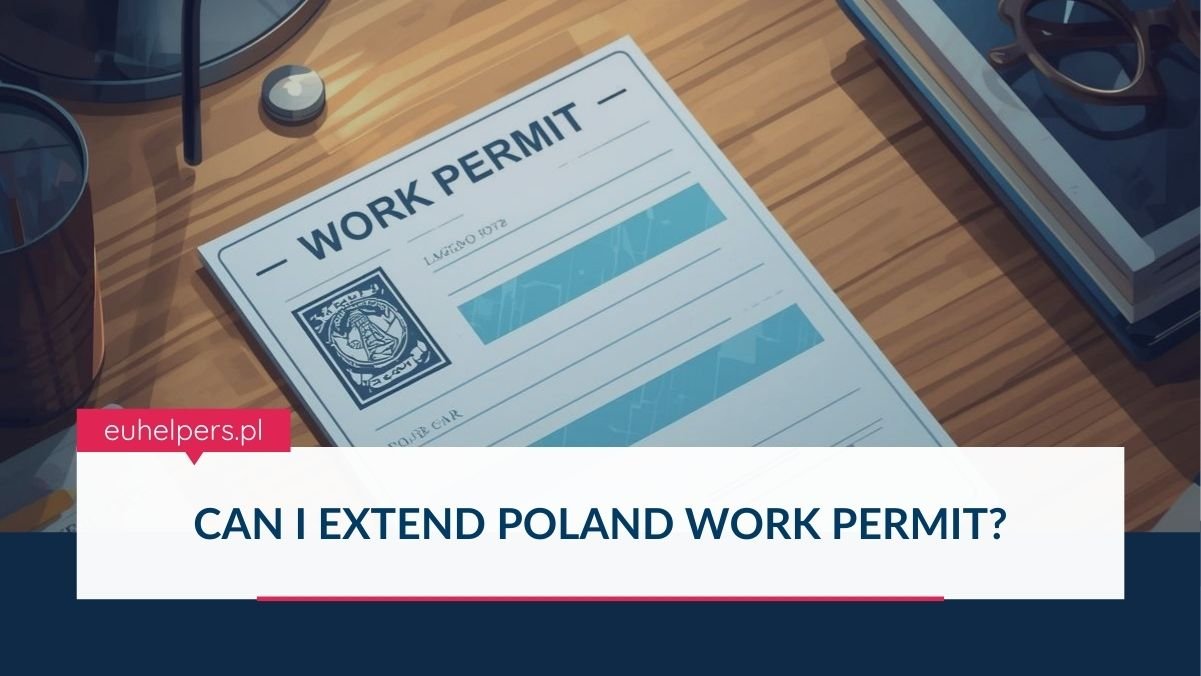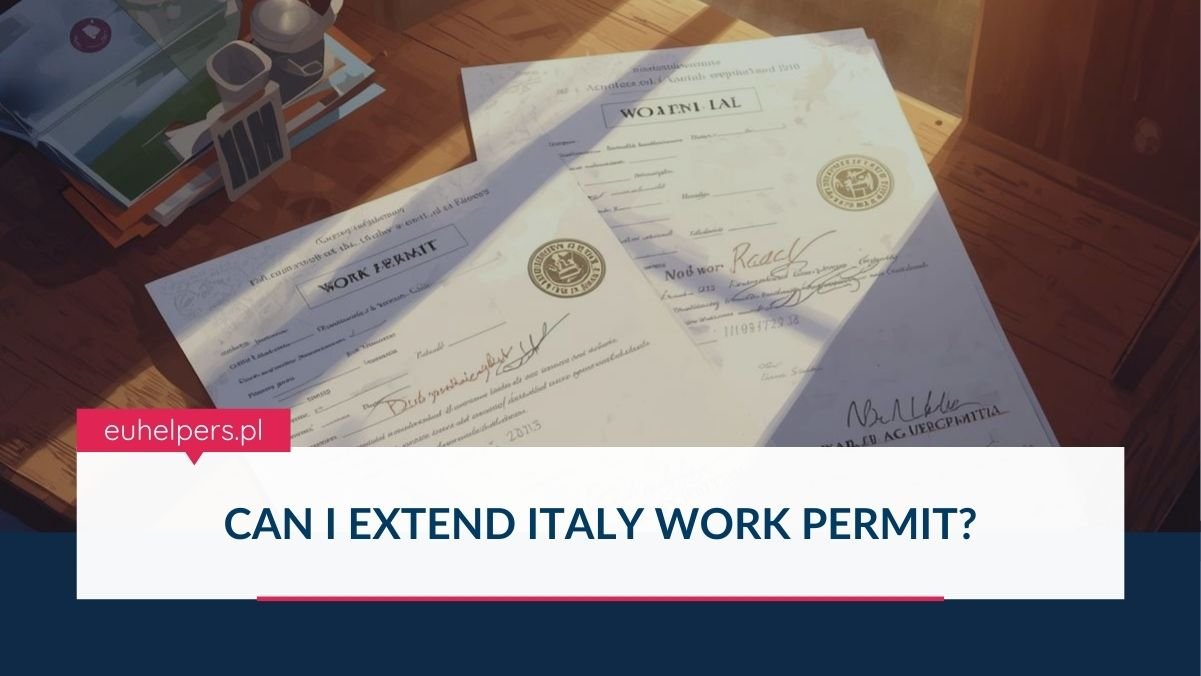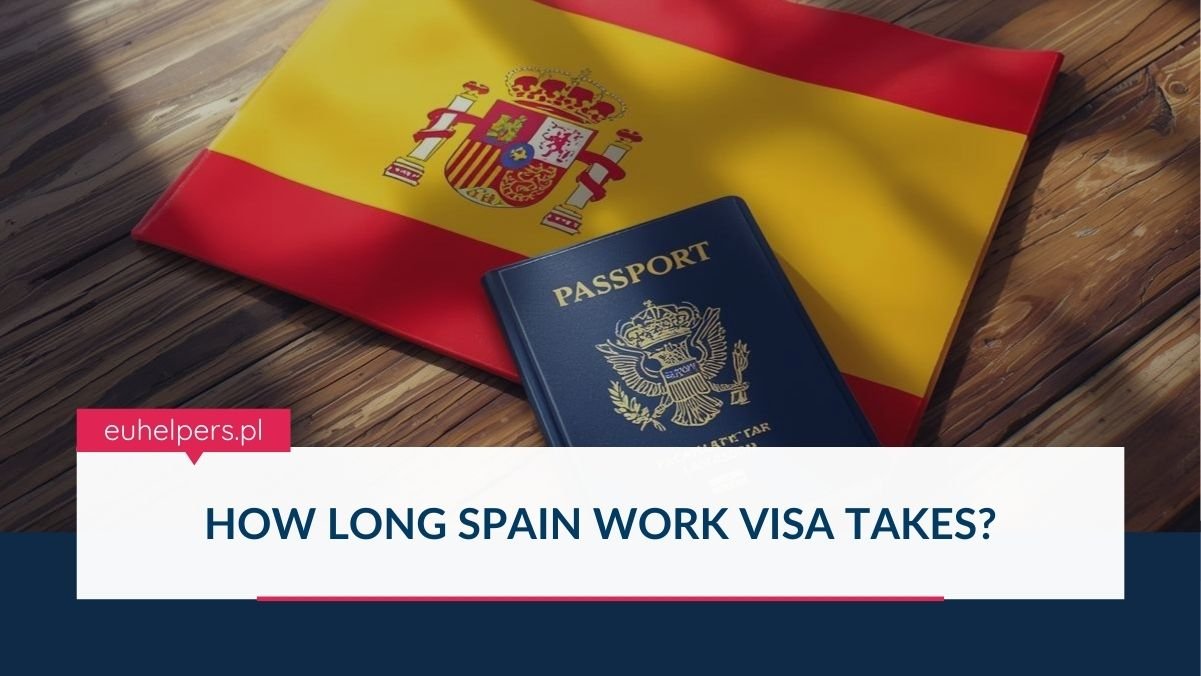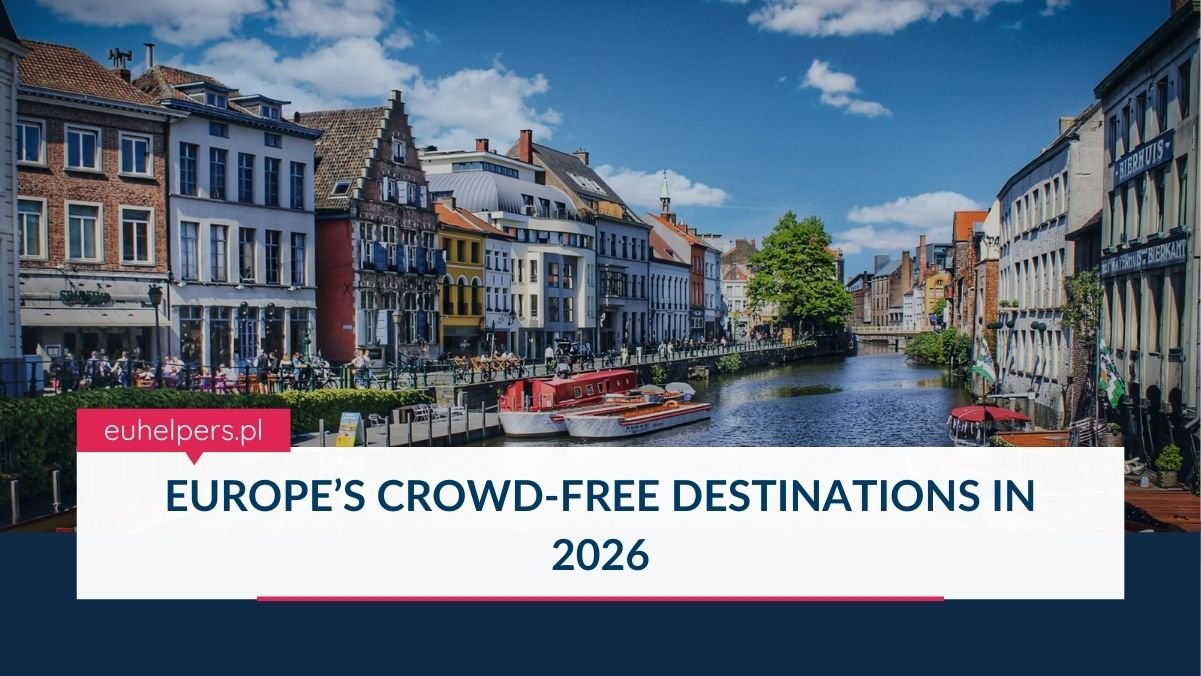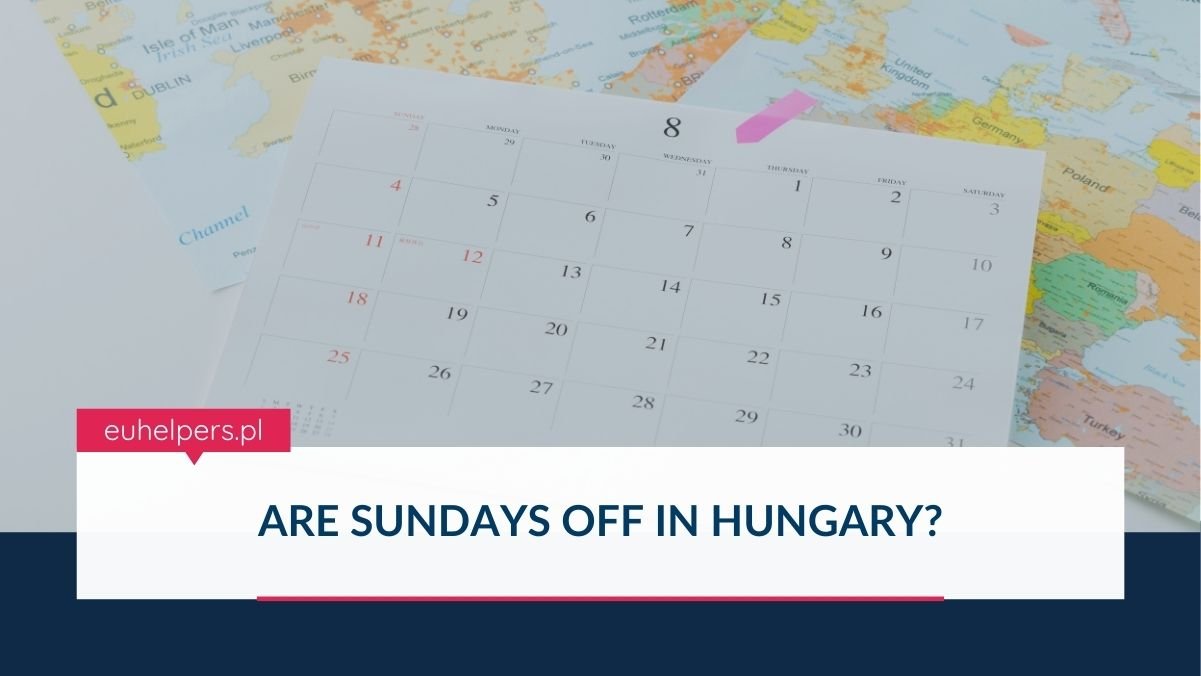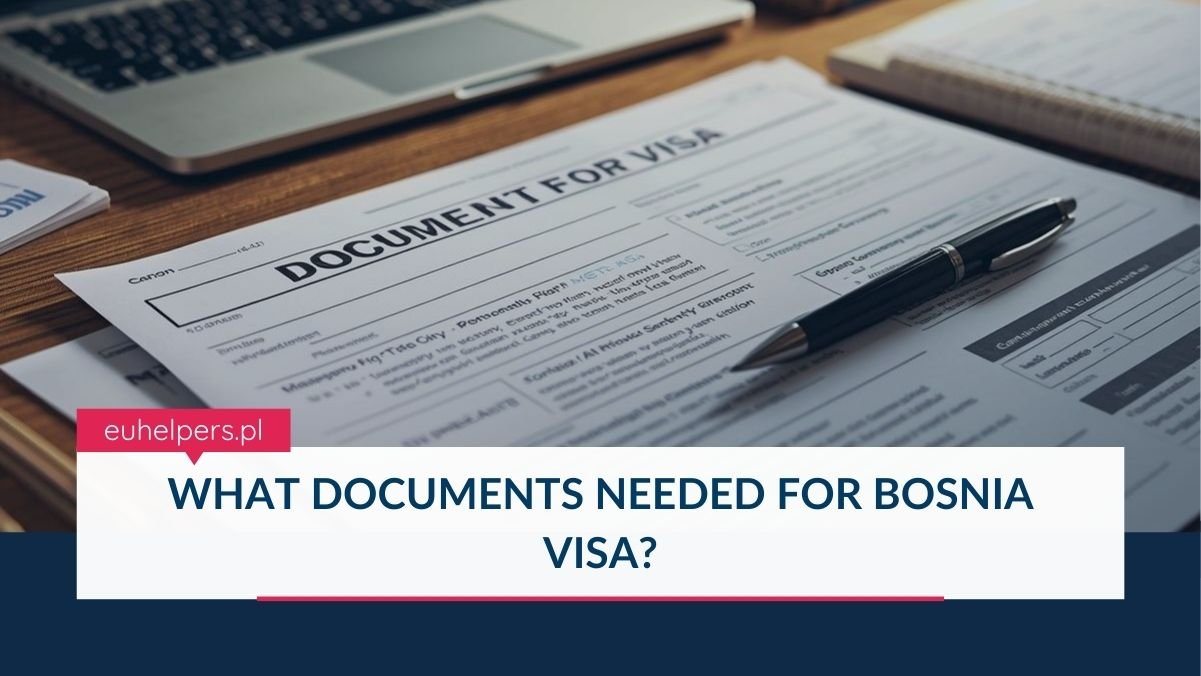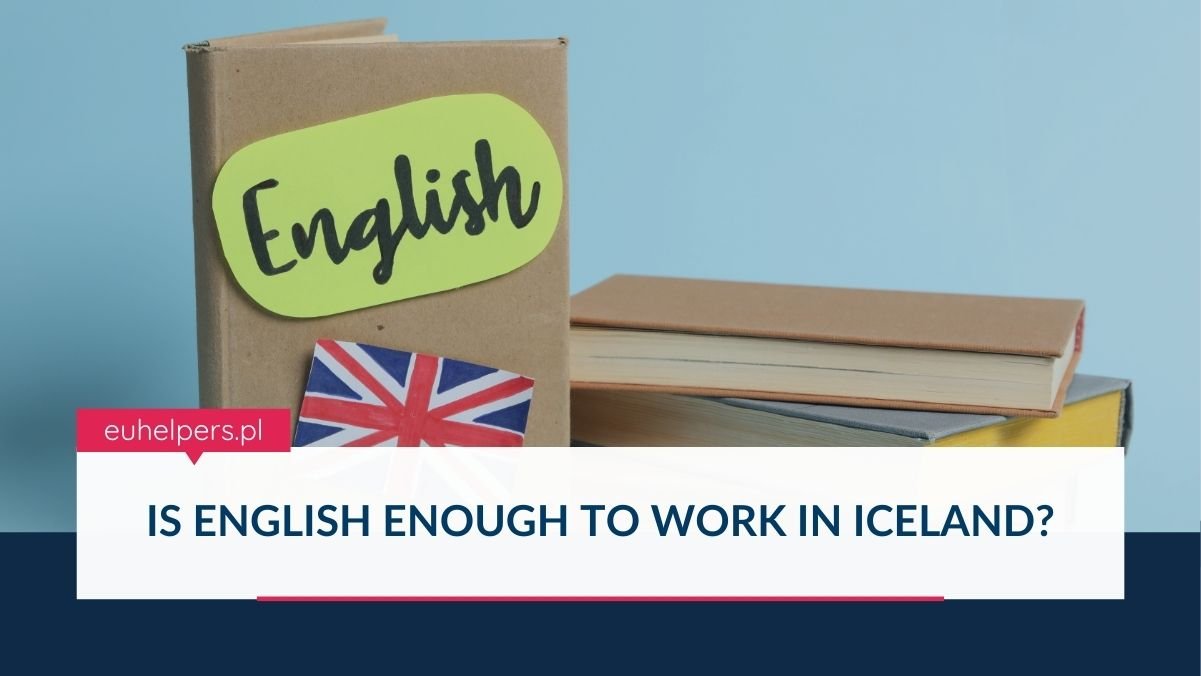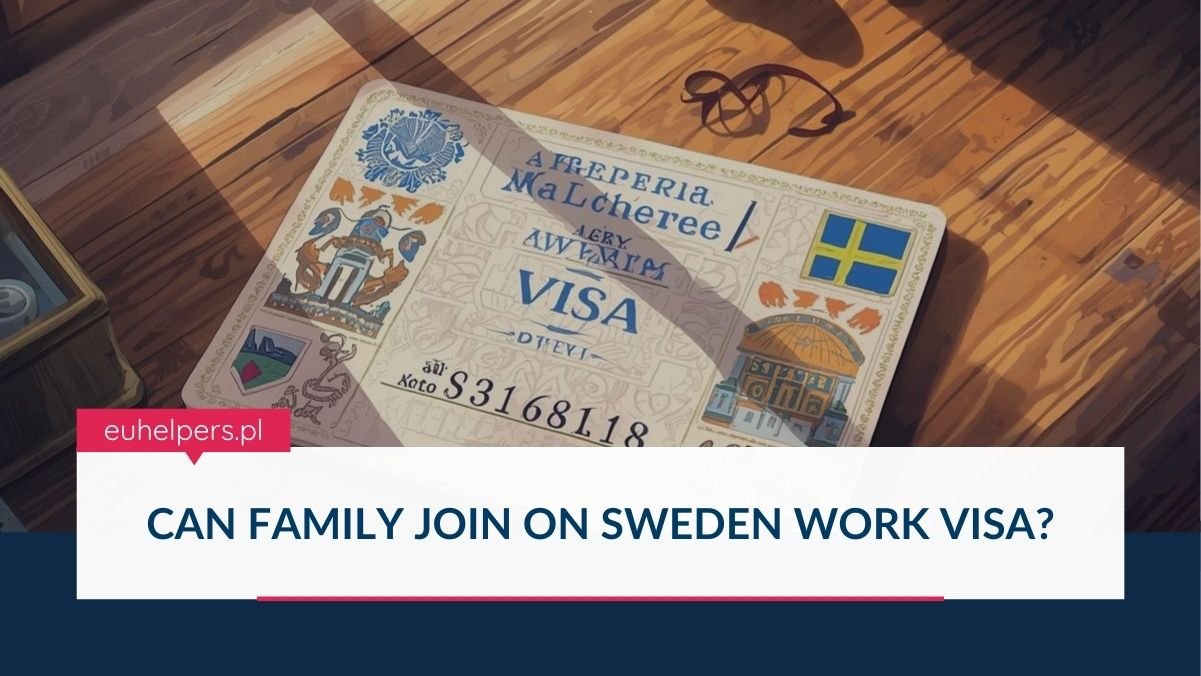
If you are planning to work in Sweden, one of the most common questions is: Can my family join me on a Sweden work visa? The short answer is yes. Sweden allows family reunification for mo...
If you are currently working in Poland and your work permit is about to expire, you may be wondering: Can I extend my Poland work permit? The simple answer is yes, in most cases you can e...
Italy is a popular destination for foreign workers due to its strong industries, seasonal opportunities, and growing demand for international talent. If you are already working in Italy, you may be wo...
Spain is one of the most popular destinations for foreign workers due to its strong economy, high quality of life, and many job opportunities. If you are planning to work in Spain, understanding the w...
Travel trends in Europe are changing in 2026. More tourists are avoiding crowded cities like Paris, Rome, and Barcelona and choosing quieter destinations instead. This shift is supported by data, trav...
Europe’s labor market continues to evolve, creating new opportunities for foreign workers, skilled professionals, and entry-level applicants. Recent employment trends show strong demand in manuf...
Many foreign workers and EU helpers planning to work in Hungary often ask: Are Sundays off in Hungary? The simple answer is: It depends on your job sector and employment contract. Hung...
Factory night shifts are common in the Czech Republic, especially in industries like manufacturing, automotive, logistics, food processing, and packaging. Many foreign workers and EU helpers take nigh...
If you are planning to travel to Bosnia and Herzegovina for tourism, work, study, or business, you must prepare the correct visa documents. The required documents may vary slightly depending on your v...
Iceland is one of the most welcoming countries for foreign workers. Many international employees work in tourism, hospitality, construction, healthcare, and seasonal jobs. One of the most common quest...


